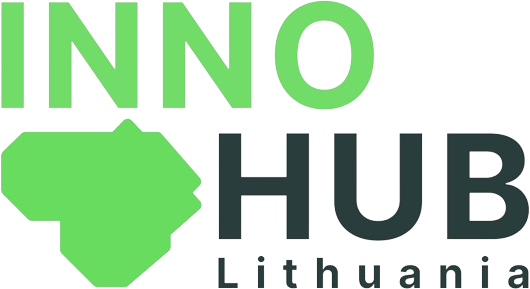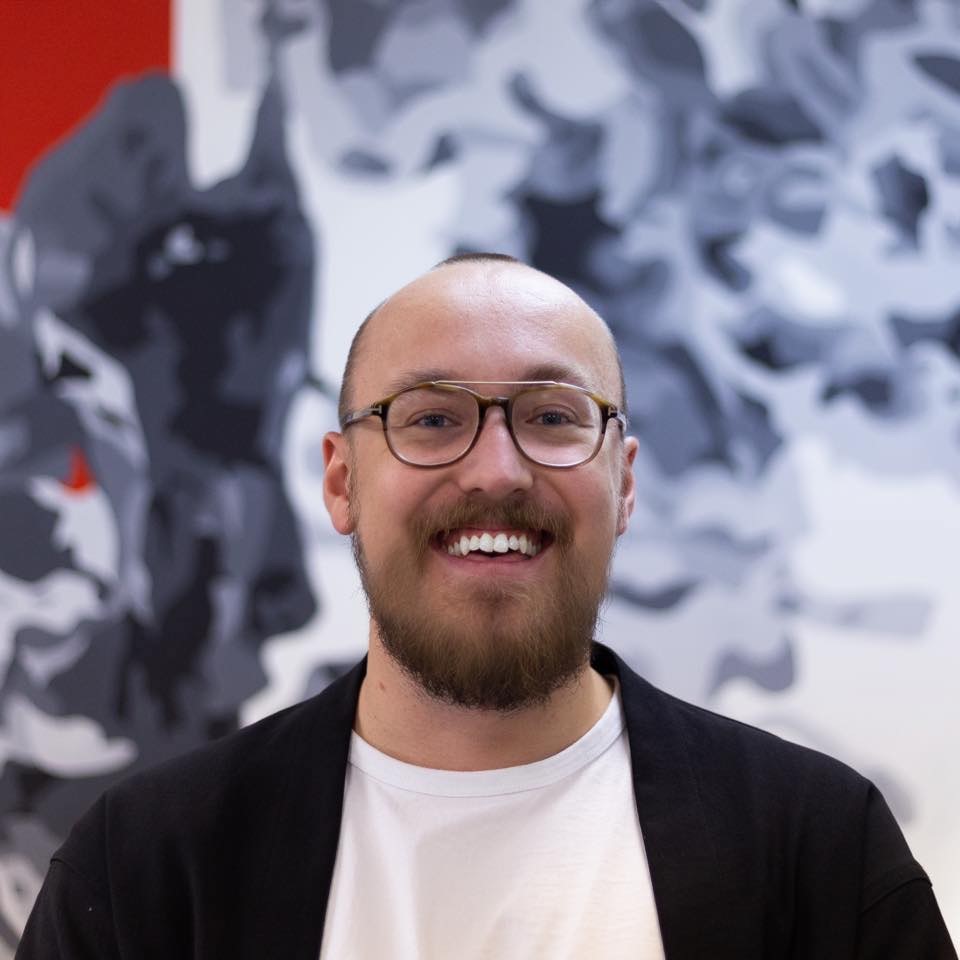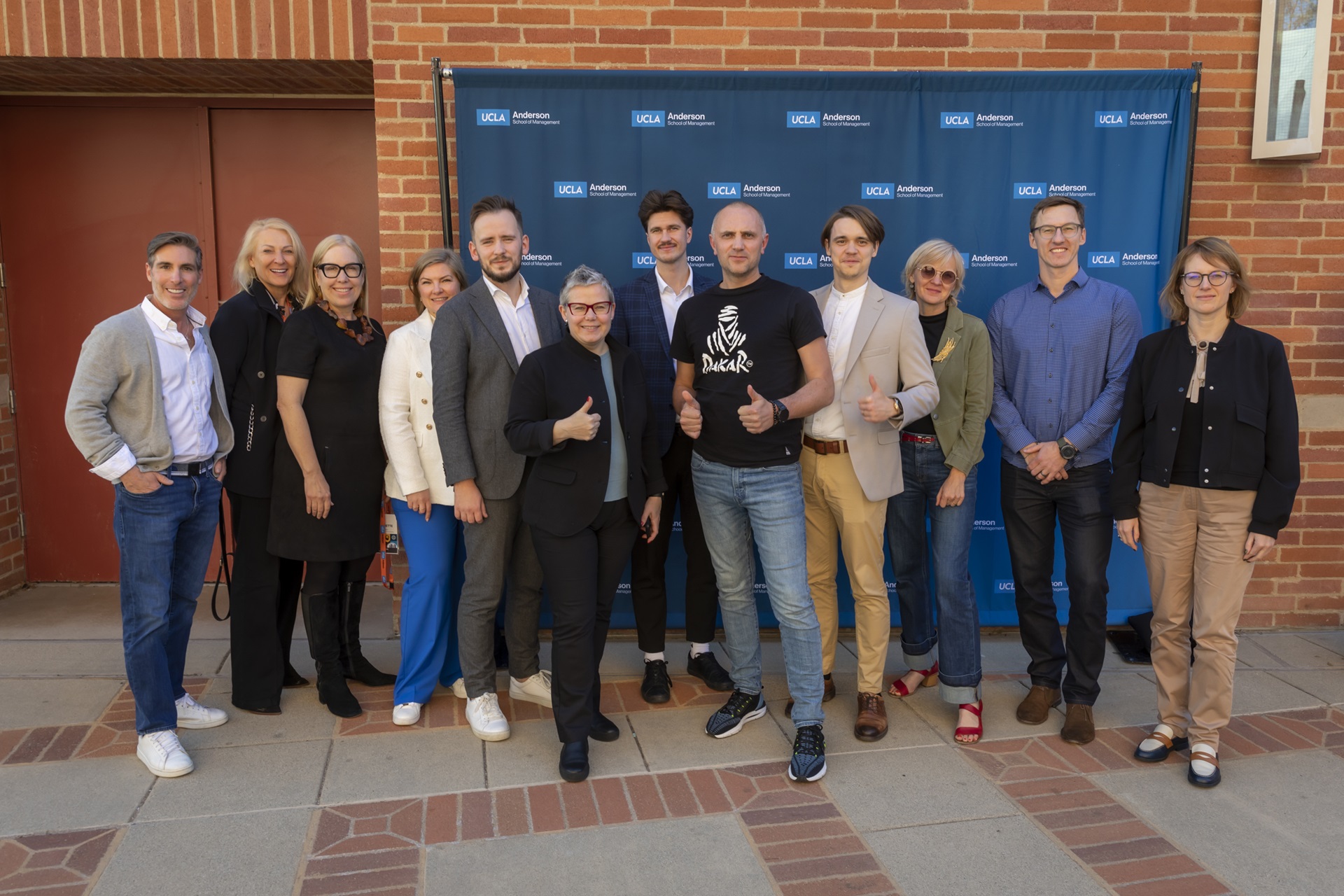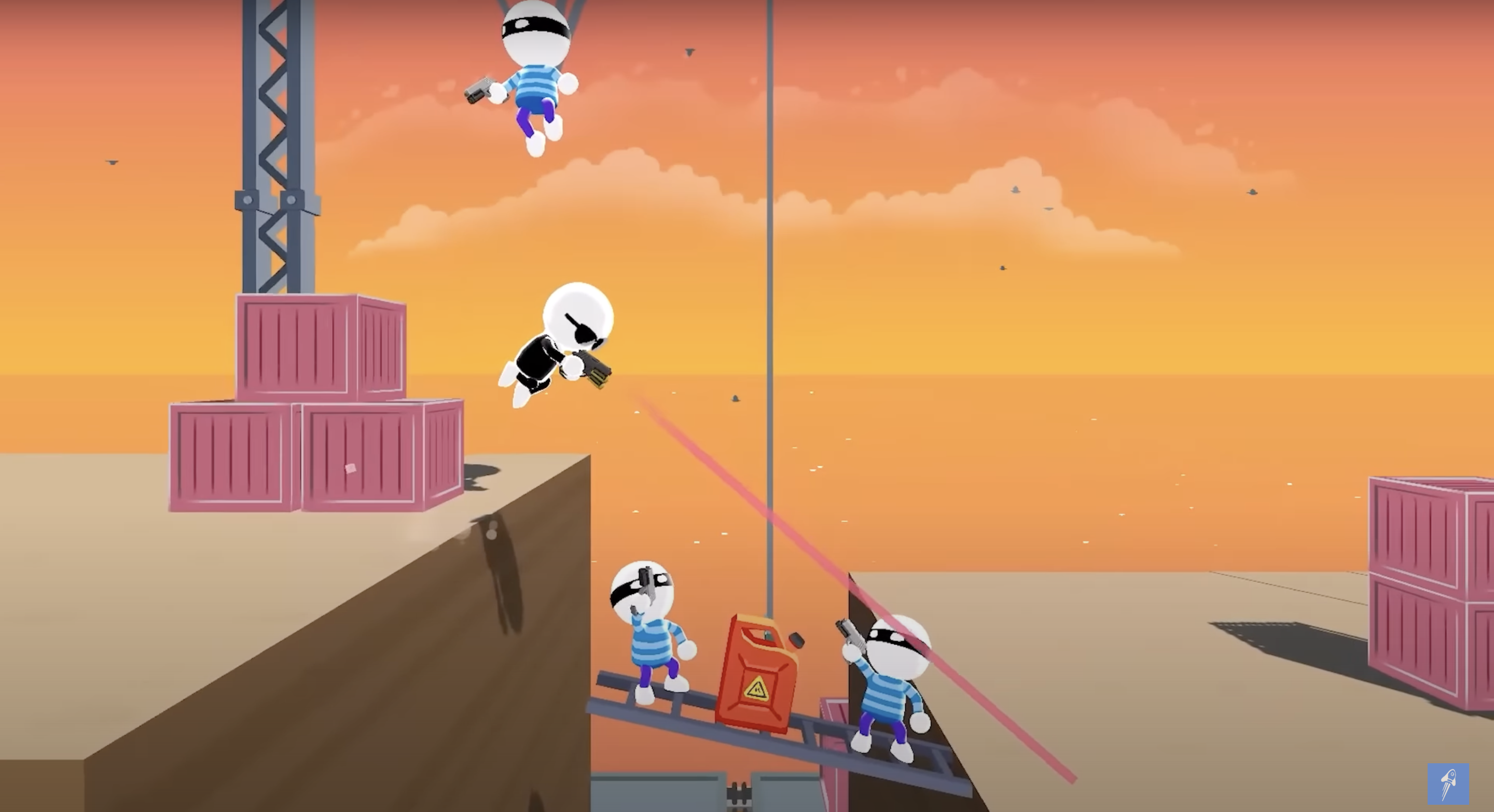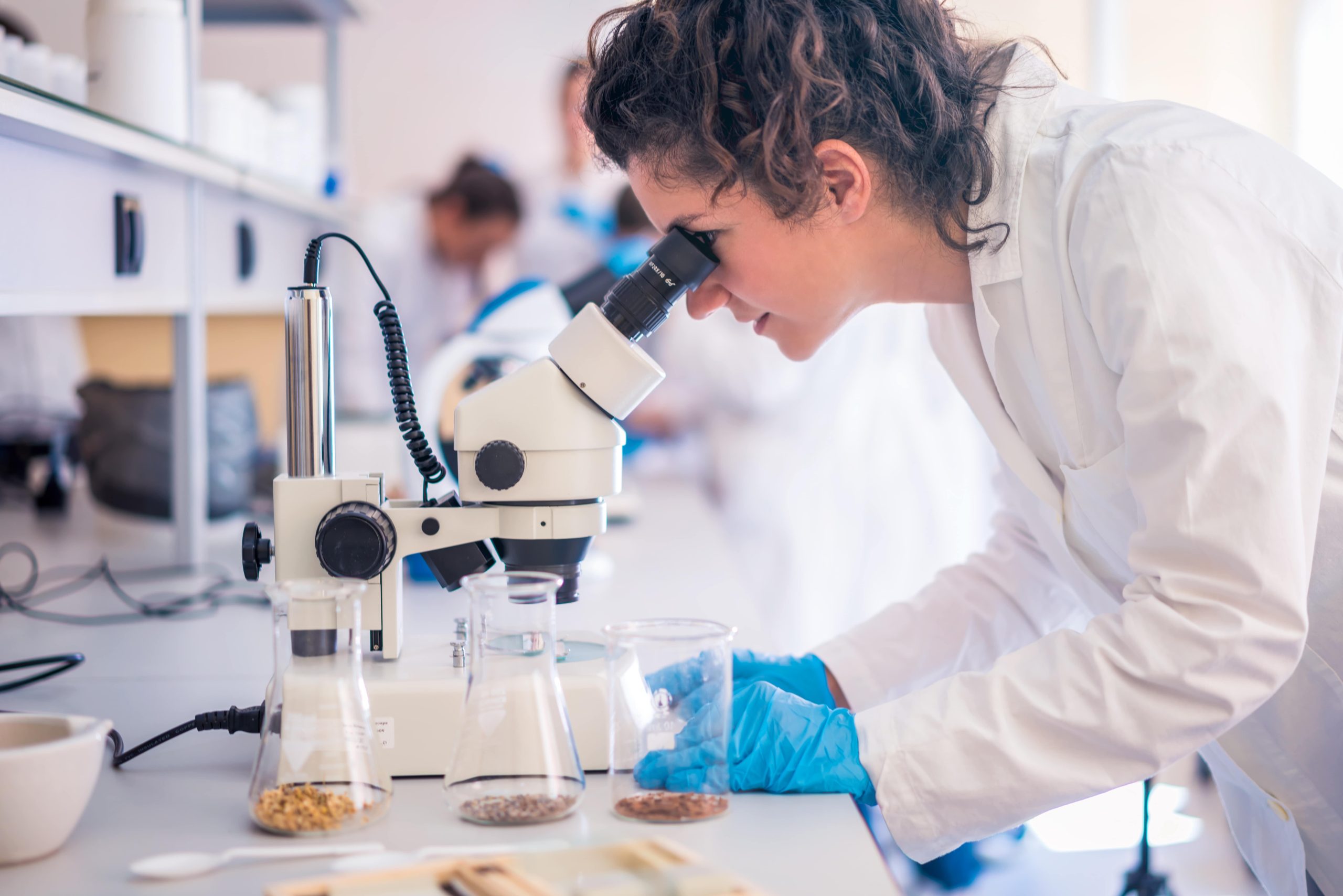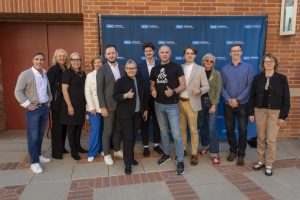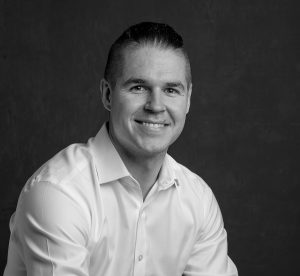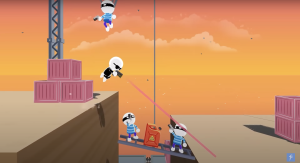Breaking into the U.S. market is no small feat, but at InnoHub Lithuania, we connect local innovators with world-class mentors who’ve navigated the journey themselves.
Meet Simon Grigenas – a founder, investor, and mentor with a passion for turning ideas into thriving businesses. From launching and exiting startups to advising founders on fundraising and scaling, Simon has seen it all. In this conversation, he shares the biggest lessons, common pitfalls, and what it really takes to build a venture-scale company.
No to perfectionism
You have a strong track record of building and scaling startups. What first inspired you to become a founder, and how did your journey lead you into industries such as cybersecurity, investment, and EdTech?
I’ve always been driven by the thrill of building something from zero – the pure creativity and chaos of starting from scratch. My first company, BRNT, was born from that spirit. It started as a design-forward cannabis accessories brand and evolved into a full-stack startup combining hardware, software, and a lot of hustle. That experience made me fall in love with product, brand, and execution.
From there, I got pulled into more technical work – co-founding Knight Owl, an open-source GraphQL security tool, and later joining engineering at Arc’teryx during a major digital transformation. These projects sharpened my technical skills while deepening my appreciation for front-end work and scalable infrastructure.
Along the way, I started mentoring founders, particularly through a16z Talent x Opportunity and 500 Global, helping them craft fundraising strategies and secure their initial rounds. That led me to venture capital, where I now work full-time as VP of Investments at Alpha Square Group.
What keeps me energized is the opportunity to bring my technical lens to venture, stay on top of emerging technologies, and back passionate founders along their journeys.
As you mentioned, you’ve built and exited two startups – BRNT and Knight Owl. What were the biggest lessons you learned from these ventures?
One of the biggest lessons was learning to let go of perfectionism. Early on, it’s tempting to build toward a grand vision, but real progress comes from putting things in front of users early and often. Some of our best decisions came from launching quickly, listening closely, and iterating based on real feedback. A less-is-more approach almost always outperformed overengineering.
The second major lesson was the importance of team dynamics. Speed, trust, and alignment are everything in the early stages. Markets evolve, products pivot, but if you have a team that communicates well and executes fast, you can navigate almost anything.
You’ve also worked in venture capital with 500 Global in Canada and Andreessen Horowitz (a16z) in the U.S. What key factors do you consider when evaluating startups?
The first thing I look for is founder-problem fit. True domain expertise is crucial, especially in one of my core investment areas – vertical AI applications. Founders who’ve lived the problem tend to anticipate challenges and move with clarity and urgency.
I also look closely at how founders experiment. Grit shows in how quickly they test assumptions, learn from users, and iterate in real-time. The speed of learning often outweighs early traction.
Defensibility is another key factor, especially in AI, where moats are harder to build. I always ask how the company is creating something durable in a space where incumbents already dominate. Whether through data, distribution, or deep workflow integrations, they need a path to staying relevant long-term.
Finally, I assess how well founders understand their customers. First-time founders often overfocus on a product when they should be obsessed with go-to-market. The best ones are relentless about customer feedback and commercial validation.
Boasting incredible technical talents
With experience in both North America and Lithuania, how would you compare the startup ecosystems in these regions? What strengths and opportunities does Lithuania offer for founders?
North America, particularly the U.S., benefits from an abundance of risk capital. This allows founders to move fast, take big bets, and compete aggressively. The density of capital, experienced operators, and repeat founders keeps the ecosystem running at high velocity.
In comparison, Lithuania has incredible technical talent and a growing number of globally minded founders. The lower cost structure allows for lean experimentation, which is a major early-stage advantage. However, the surrounding infrastructure – capital networks, mentorship, and go-to-market experience – is still developing.
The opportunity in Lithuania is massive. The talent is here; now, it’s about building stronger bridges to global markets, funding, and success stories that inspire the next wave of founders.
What are the most common mistakes founders make when pitching to investors, and how can they improve their chances of securing funding?
One of the biggest mistakes is focusing too much on the product and not enough on the business. A great demo or technical breakdown is only part of the story – investors want to understand the business model, scalability, and how this can become a category-defining company.
Another common gap is around scale and ambition. Many founders don’t fully grasp how venture capital works, particularly the power law dynamic. For a VC to invest, they need to believe your company can return the funds. That means showing not just a go-to-market path but also the potential to build something massive. Dreaming big – and quantifying that ambition – is key.
Lastly, some founders pitch businesses that simply aren’t venture-backable. That doesn’t mean they aren’t great companies, but if the growth profile or market size doesn’t align with the VC model, it’s a hard sell. Founders can save time by being honest about whether they’re building a VC-scale business.
Move fast and think globally
What are the biggest gaps in the innovation ecosystems of Canada and Lithuania, and how can they be addressed?
In Canada, one challenge is the early-stage investment culture. Investors often emphasize traction too heavily, even at the pre-seed or seed stage, which can slow down founders still in the experimentation phase. This mindset discourages bold bets and delays necessary iterations.
In Lithuania, the challenge is understanding the global benchmark. Moving fast, iterating based on customer feedback, and thinking globally from day one are table stakes for building a venture-scale company. The technical talent is here, but the next leap is operational – adopting the pace, ambition, and execution mindset of founders competing in the most aggressive markets.
What inspired you to become a mentor at InnoHub Lithuania, and what excites you most about this role?
My family still lives in Lithuania, and it was the first language I learned. Even though I’ve spent most of my professional life abroad, I’ve always felt a strong connection to the country. Joining InnoHub was a natural way to give back.
Speaking at LOGIN 2024 really solidified it for me. I delivered a keynote on the habits of successful startups in North America, and it was inspiring to meet so many passionate Lithuanian founders with global ambitions. There’s real talent and energy in the ecosystem.
What excites me most is helping founders take everything they’ve built – traction, product-market fit, business model – and scale it into North America. I love working on go-to-market strategy, execution, and fundraising. Supporting that leap is incredibly rewarding.
Looking ahead, what emerging industries or technologies do you believe will define the next decade of startups and innovation?
Agentic AI is the shift I’m most focused on. We’re moving beyond passive copilots and simple automation into autonomous, decision-making AI agents that can execute workflows, adapt to complex environments, and drive business outcomes with minimal human input.
I’m especially excited about two areas: vertical AI agents in industries with fragmented, manual workflows and agentic developer tools automating the software development lifecycle. Both offer strong early-stage entry points, real customer value, and defensibility – something many generalist AI apps struggle with.
The next decade will be shaped by companies developing deeply embedded intelligent systems – not just tools that enhance productivity, but autonomous agents capable of taking action.
